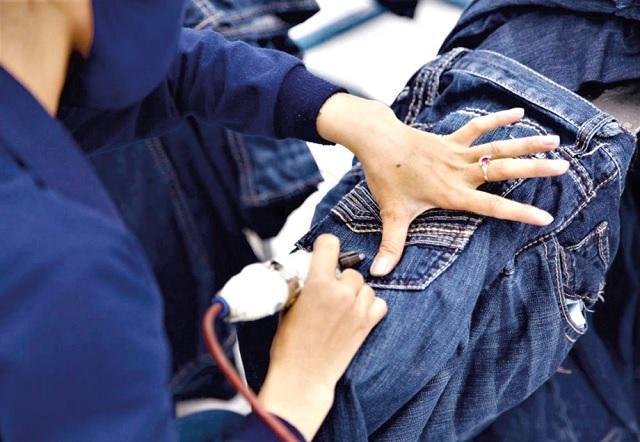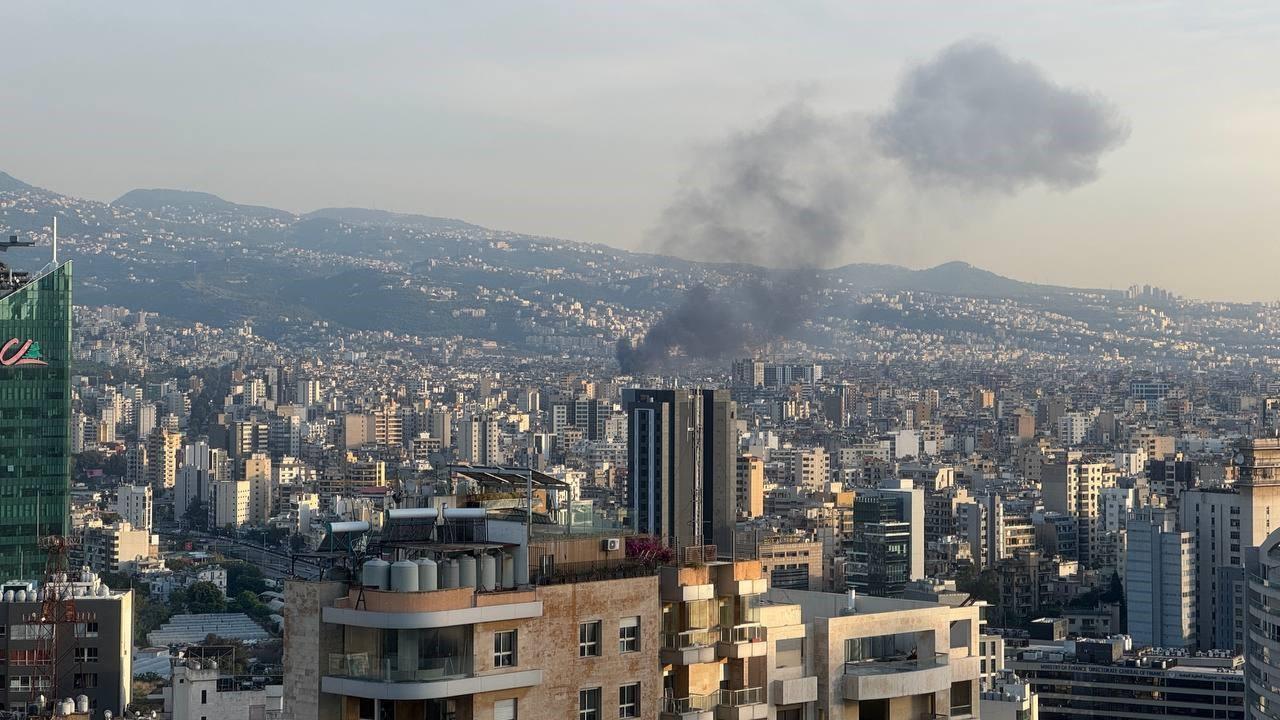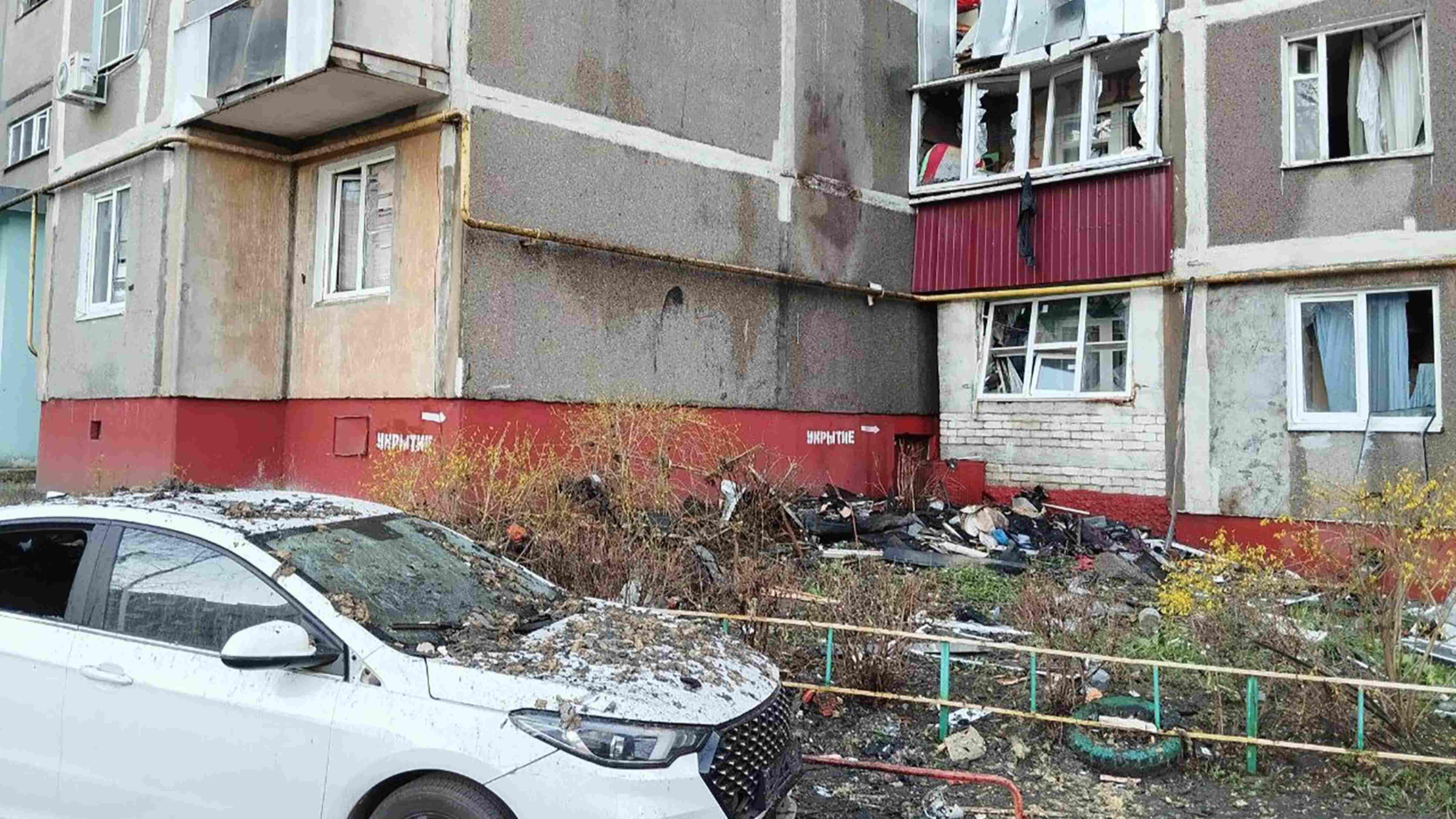Coronavirus outbreak shows the need for fair production
Barçın Yinanç – ISTANBUL

The pandemic can show the consumers the need to pressure big brands to opt for fair production, which respects nature as well as the rights of the workers, said the activist.
“When you buy a T-shirt at a very low price you should know someone else is paying another cost for it,” said Abdülhalim Demir, who was a child worker that fell ill due to the dangerous practice of sandblasting in the denim industry.
The lockdown due to COVID-19 will change consumer habits, the campaigner for the clean clothes movement told the Hürriyet Daily News ahead of International Workers’ Day.
Do you remember your first May Day?
I was a worker in a factory, but I was working that day. Even before it became an official holiday in Turkey, I knew that May 1 was International Workers’ Day.
Tell us your story, which started as a child worker.
When I was 15 years old, I had to come to Istanbul as a child laborer from Bingöl. I came because my family was struggling to make a living for us. I worked in a denim factory using sandblasting.
The fact that the company provided lodging made it attractive. Years later, we learned that the work we did caused a fatal disease. I lost a friend to silicosis in 2005, and in 2007, I got diagnosed myself. This was a trauma for me – but one day, I decided I should take up the struggle against sandblasting.
In 2008, I founded the Solidarity Committee of Sandblasting Laborers in Turkey.
Not all would have reacted like you.
Serving in the military was a turning point in my life. I read near 1,000 books. My inspiration for life was Jean Valjean from Les Misérables. He never gave up.
Another turning point was publishing a letter in which I explained the sandblasting issue. A plethora of people called me that day and asked me how they could help. So we founded the committee, and set out with three demands.
Our first request was a ban on sandblasting in Turkey. The second was that all workers currently in the industry be accepted as laborers and given retirement. And given that silicosis is an occupational disease, our third demand was that the treatment for it be free of charge.
Thanks to our successful campaign, sandblasting was banned in Turkey by 2009. In 2010, treatment became free, and a year later, all silicosis patients were offered the right to retire.
What did you do after you accomplished your goals in Turkey?
I realized that the companies producing here simply moved their factories to Bangladesh. I realized I should take my struggle global.
I became involved with the Clean Clothes Campaign and set up its Turkey branch. To spread awareness about occupational diseases in Turkey, I created a portal in 2017. During this process, I realized that all of the problems in the textile industry stem from the lack of a fair production process.
The brands want to produce at a minimum cost to make it as cheap as possible. This is why of the 3 million textile workers in Turkey, just 1,050,000 of them are registered.
The consumer can solve this ordeal. If the consumers united to request fair production, companies would be compelled to change.
How did the process leading up to the founding of Bego Jeans begin?
We filmed a video called “What are clean clothes?” It is a production process in which workers get their rights; they are not harmed and there is no child labor. People started asking us where they could buy this type of clothing, and we reached out to these brands to encourage them to produce clean clothes.
We did not get a positive response; in fact, one or two of these companies even told us that this was too utopic. So we decided to be an example to these firms by founding Bego Jeans. We produced jeans that are 100 percent respectful to humans and to nature, as they are completely recyclable. [After all], textile waste continues to be a very important problem.
What exactly is textile waste?
With the advent of fast fashion, people who really only need one item, buy several [items] because they are so cheap. They end up wearing only one of these, and the rest simply wait in the closet until they go into the garbage.
Synthetics are added so that prices drop even lower, and this prevents the garments from being recycled, leaving them doomed to become textile waste. To solve all of these issues, we started our journey, looking for ways to recycle products. Bego Jeans currently has four model products. They are all made with organic cotton and are recyclable, right down to their buttons. All of the production was completed in Turkey. Currently, some companies have started to ask for advice, but pressure from the consumer is what’s key.
There has actually been an increase in awareness among consumers, which has led many of these firms to pursue sustainable production. However, a great portion of these is merely “green-washing.”
On one hand, they donate somewhere and publicize it, but on the other, they continue to enslave their workers. This gives consumers the false impression that companies are environmentally friendly and produce sustainable goods.
Your ultimate goal is to change consumer habits, is that right?
Exactly. Clothes shouldn’t be seasonal, but instead should be sustainable enough to last for a long time. But big brands control perceptions of fashion and continuously promote changing trends in order to keep selling new garments to costumers.
But if I buy one pair of pants and wear them for five years, won’t the number of workers decrease, hence decreasing employment in the textile industry?
If you wear a pair of pants for five years and that worker receives decent pay, the cycle becomes a lot more balanced. By producing say, 2,000 pairs of pants for five liras each, as opposed to 5,000 for one, the workers will get better pay and a better standard of living.
The main problem in the textile industry, or the child labor problem, stems from the fact that workers cannot sustain a living from low wages.
Children work simply because the family cannot survive. NGOs work to get child laborers back to school. If their parents were better paid, they would go back to school.
When customers pay a mere 10 liras for a T-shirt, this may come at a low cost to you, but they should know that there is somebody else paying another cost for that.
These large firms make no compromises when it comes to their profit, and many products include biochemical components at the moment.
How are you relating your ideas to the pandemic?
Before the pandemic, global warming demonstrated how recklessly we treated the environment, bringing it to the brink of collapse. One of these factors is the textile industry. The production of just one T-shirt requires 2,700 liters of water, and numerous chemicals are added for jeans. All of these chemicals mess with nature. I believe that this virus could change the perspectives of a lot of people.
Their consuming habits will especially change, right?
Yes. People will accept that clothes serve merely to cover oneself. People all around the world are staying home in their pajamas for days on end right now.
However, many firms have switched to online [shopping] at the moment, which poses a risk to the employees of cargo firms. If we’re putting life on pause for some time, we should think of the health of other people as well, but that won’t be the case if we stay home while saying everything should come to my doorstep.
But we need some of our essential workers; we can’t just shut down completely, don’t you think?
I’m not advocating a halt to all services. I’m just saying, let’s not shop 10 times more than we normally would, and instead simply shop for our essential needs. That’s why Bego Jeans has stopped selling amid the pandemic. People can live without their new jeans.
*Who is Abdülhalim Demir?
Born in 1981 in the eastern province fo Bingöl, Abdülhalim Demir started working as a child laborer at a jean production plant when he was 15 years old. He lost 46.2 percent of his lung capacity sandblasting denim when bleached jeans were fashionable.
He established the Solidarity Committee of Sandblasting Laborers in 2008. As a result of his advocacy, denim sandblasting was banned in Turkey in 2009.
In 2013, he founded the Clean Clothes Campaign Turkey, which advocates for brands to produce “clean clothes.”
In 2016, he became a fellow of Ashoka, an entrepreneurship platform, identifying social entrepreneurs who bring effective and lasting solutions to urgent social problems.
He has recently founded Bego Jeans to serve as a new model for production and show that it is possible to produce clean clothes and provide laborers with a living wage.
















